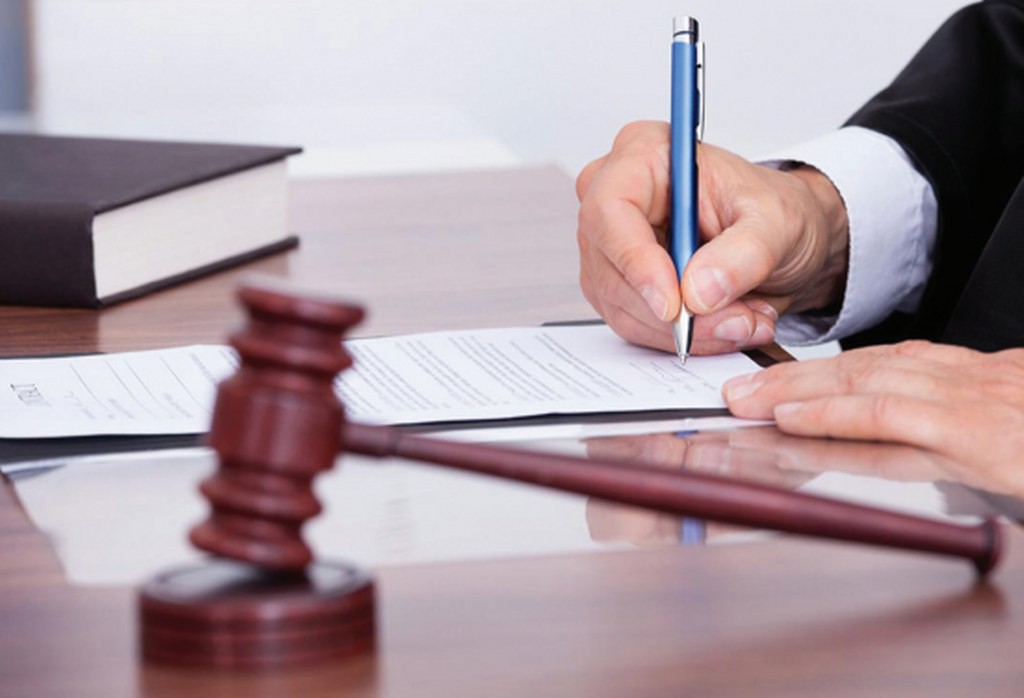Published: Aug. 12, 2023
Last Updated: Sept. 11, 2023

Being a landlord in Dubai accompanies by rights and responsibilities. There are a few rights of a landlord in the UAE. Each landlord ought to be aware of and comprehend these rights and responsibilities to foresee issues with your tenant. As a landlord, leasing your property without thinking about these privileges might prompt future issues with your tenants.
The landlord has the right to hold a security deposit which is usually around 5% of the total rental. The rent should be paid on due dates. If any changes are required to be made on the property the tenant should first get permission from the landlord. Once the rental agreement expires the tenant is expected to return the possession of the property to the landlord, in the same condition from the time the tenant went into the contract. Except if generally referenced in the contract, all administration charges and duties should be paid by the tenant for the utilization of the property.

It’s the responsibility of the landlord to maintain the property, he is under obligation to rectify, if any defect comes up. If anything affects the tenant’s targeted use of the property, it needs to be repaired in due course of time. The landlord cannot amend the contract without the consent of the tenant.
Article 16 of the Tenancy Law bounds the landlord for the maintenance of the property and the ratification of defects.
Article 13 of the Tenancy Law states that in case of a tenancy contract renewal the tenant and landlord can amend any of the terms of the contract. They can also review the rent if any disagreement arises between the parties regarding the settlement of rent, and if their negotiation goes unsuccessful the parties can contact the Dubai Rental Disputes Settlement Centre, to settle the dispute.
Article 14 of the Tenancy Law states that if any party wants to amend the tenancy contract, then the willing party must notify the other party 90 days before the existing contract’s expiration.
The landlord cannot ask the tenant to evict the property in ordinary circumstances, he can do it in certain circumstances mentioned under article 25 of the tenancy law.
If development requirements in the Emirate require demolition and reconstruction of the property by government authorities’ instructions. The landlord is also bound to serve notice to the tenant through a Lawyer or by registered mail. Once the tenancy contract is expired, the landlord can demand eviction in case: if the landlord is demolishing the property and wishes to reconstruct it, which may affect the tenant’s targeted use. If the property is required to be comprehensively maintained or renovated, it is not possible without the evocation of the tenant. If the landlord is interested to use the property himself. They can also demand evocation if he is interested to sell the property. For eviction, under the above-mentioned cases, the landlord is duty-bound to notify the tenant at least 12 months before the determined date of eviction subject that such notice is sent through the lawyer or by registered email. The landlord must seek consent from the tenant before making any amendment to the tenancy contract. A tenancy contract can be amended on the expiration of an existing contract.
You can also read https://aladllegal.com/rights-and-obligations-of-tenants-in-the-uae/














